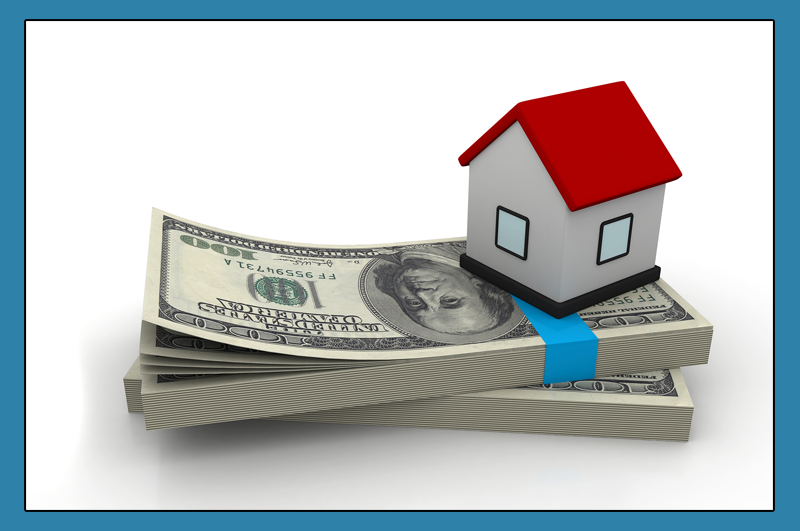
Conventional (conforming) mortgage loans are financed and insured by private lenders and investors, rather than being insured by the Federal Government (FHA). Conventional loans are often sold to Freddie Mac (FHLMC) or Fannie Mae (FNMA), the largest source of loan funds in the United States, who purchase closed mortgages, freeing up funds so lenders can make more home loans. A conventional loan may also offer the choice to pay homeowners insurance and taxes directly, rather than be included in the monthly payment each month.
A conventional refinance can be a excellent way for FHA homeowners to cancel their FHA mortgage insurance premiums. Rather than refinance with the FHA, homeowners can opt to refinance with a conventional loan instead. This strategy is increasingly popular as home values continue to recover nationwide. The rules are basically the same for refinance as they are for purchase, but the results can prove to be a great way to save money on both the short and long run. Simply call MortgageRight for more info.
Disclosure: Even though a lower interest rate can have a profound effect on monthly payments and potentially save you thousands of dollars per year, the results of such refinancing may result in higher total finance charges over the life of the loan.